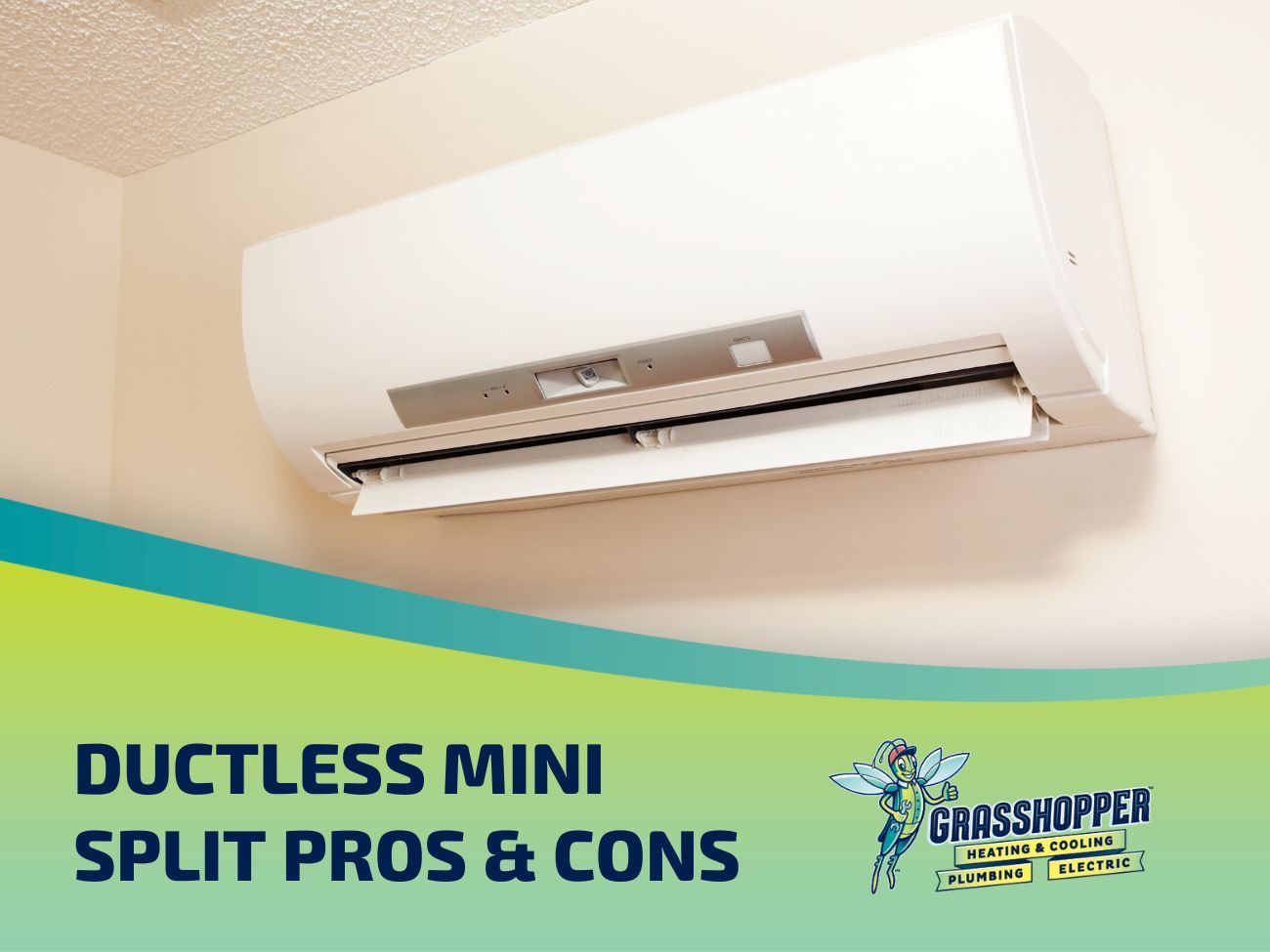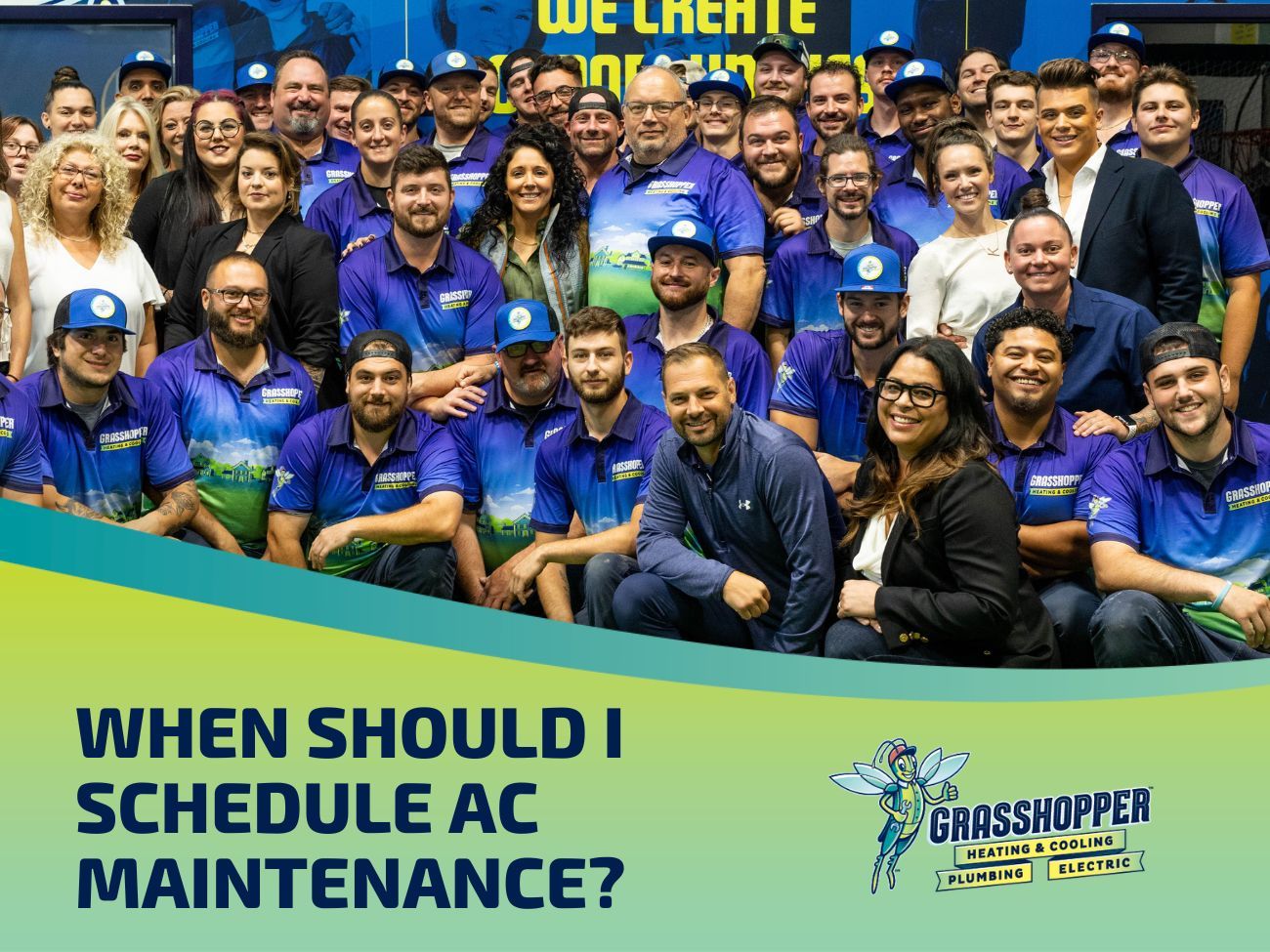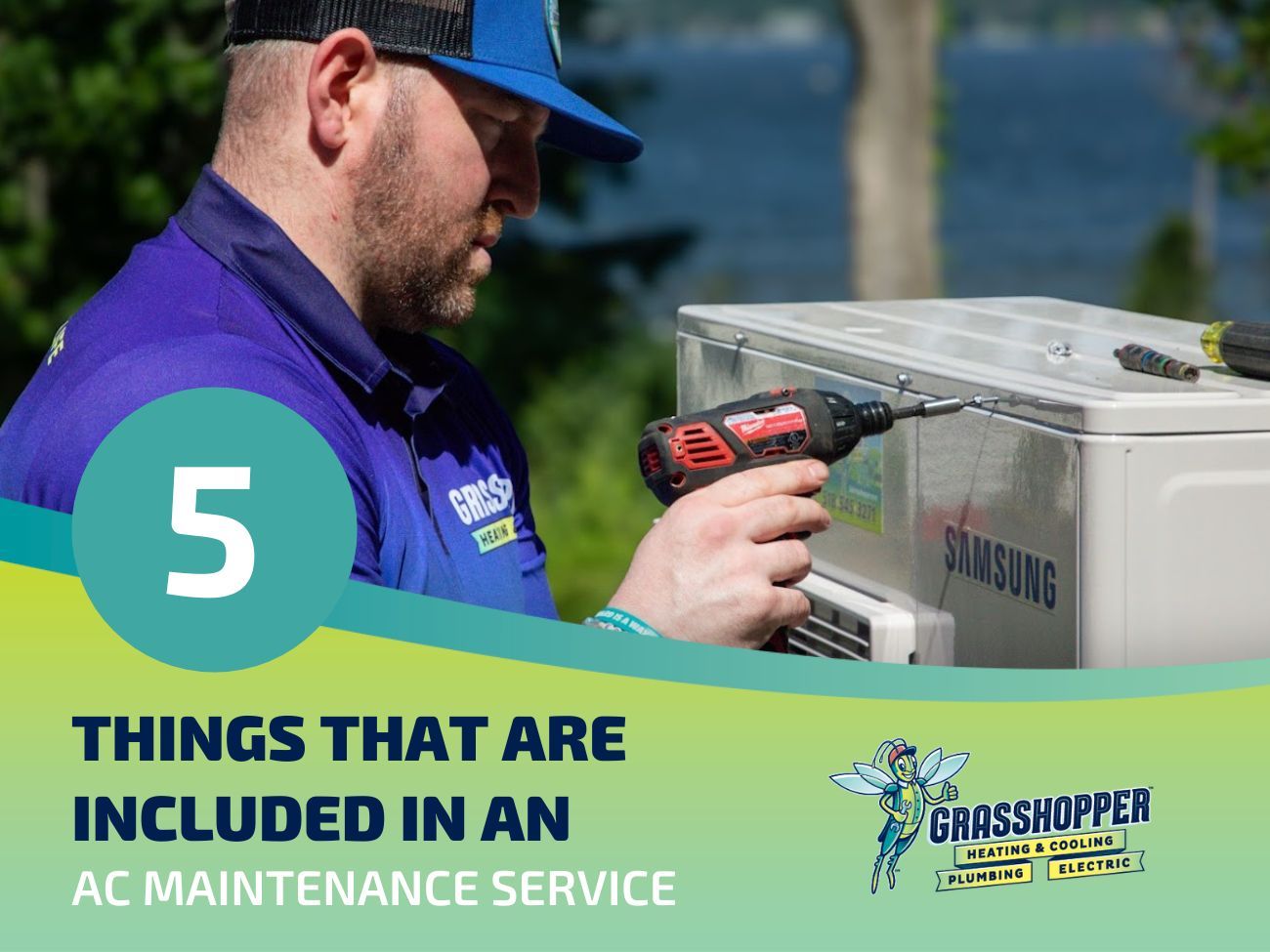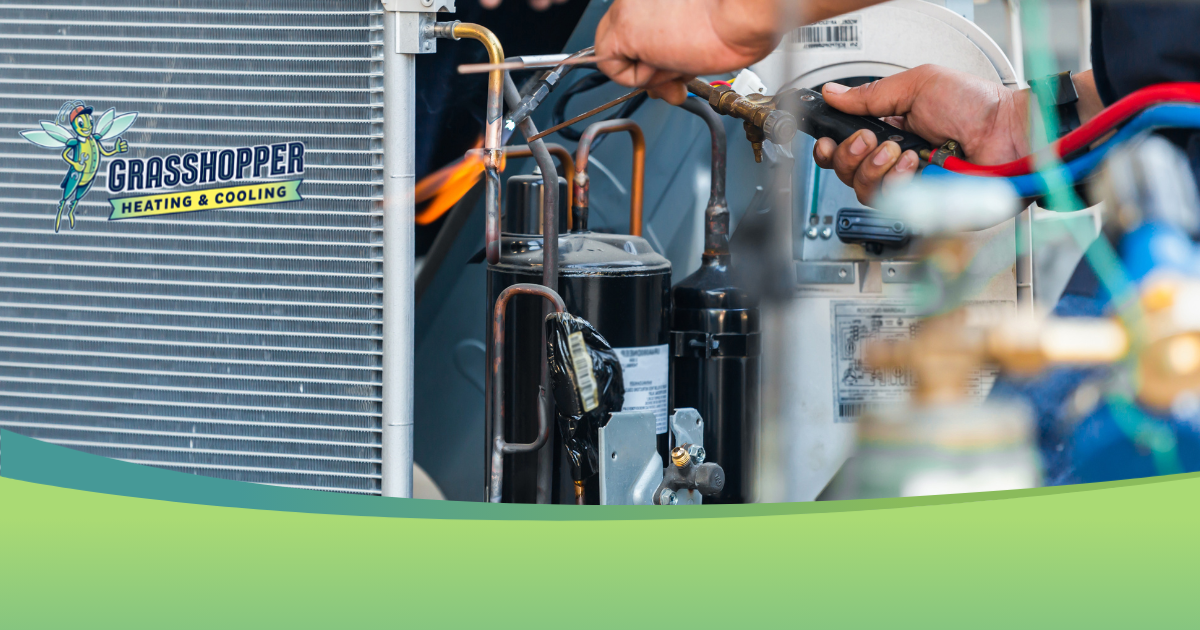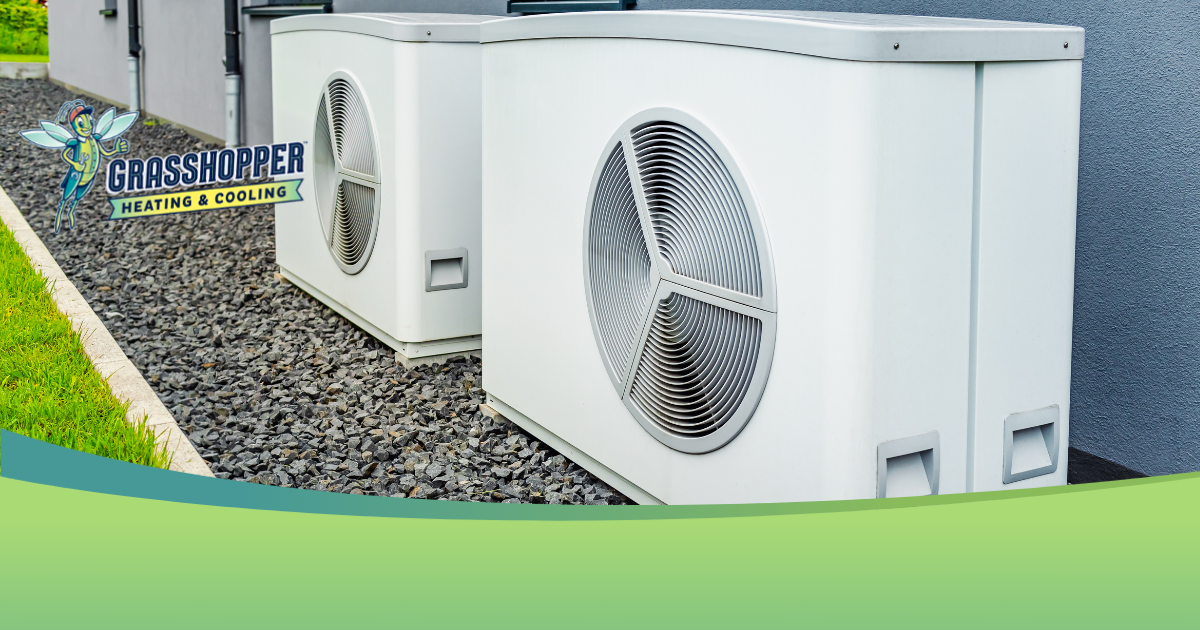Signs Your Capital District Home Air Conditioner Is About To Break Down
If you feel like your air conditioner in Capital District, NY, is not running as intended, you might worry that it needs repair. It helps to be proactive and look for AC repair signs and symptoms to help you decide when to call our HVAC repair technicians.
Learn more about recognizing clues that your air conditioner system is about to break down.
Reduced Energy Efficiency
An air conditioner close to breaking down likely will have reduced energy efficiency. You might notice a sudden increase in your energy bills, even if outdoor temperatures are not very hot.
Another clue is that the air conditioning system might take longer to cool your home on hot days. An AC system close to breaking down might even blow warm air instead of cool air through the HVAC vents.
Inconsistent Temperatures or Humidity Levels
Some of the most concerning AC repair signs and symptoms are warmer temperatures and higher humidity levels than expected. Our HVAC technician can investigate the cause of these problems and fix them.
If the cooling system cannot match the temperature you set on the thermostat, you might have a major issue that needs repair. Another clue would be a system that can’t maintain a consistent temperature, leading to higher energy costs.
If rooms upstairs are warmer than they used to be, this could indicate the system has a weak fan motor that is struggling to force the air into the upper floors of the home. Eventually, this motor could break down, leaving you without a functioning air conditioner.
Because the AC unit pulls humidity out of the indoor air, higher-than-average humidity levels are signs of a problem with the system. Experiencing high humidity levels in your Capital District, NY, home can make summer extremely uncomfortable.
Odd Odors or Noises
All air conditioners make some noises while they operate. However, loud or unusual noises are often signs of a major problem with the system. They could indicate loose parts or a motor under too much stress.
Similarly, odd odors coming from the vents can be clues that you have a significant problem that could lead to a breakdown. Odors could indicate issues with mold forming inside the system, meaning you need to call for air conditioning repair services immediately.
Some of the odors and noises you should watch for include:
- Scraping noises
- Banging sounds
- Whining or whistling noises
- Grinding sounds
- Mildew odors from air ducts
- Burning smells
- A damp odor in the air
Short-Cycling Problems
You might notice AC repair signs and symptoms from unusual performance related to frequent cycling or short-cycling. This occurs when the air conditioner turns on and off repeatedly, rather than running for several minutes continuously.
Cycling not only puts stress on the parts of the air conditioner, but it also harms the energy efficiency of the system. Call for repair quickly to avoid suffering permanent damage to the AC in cooling mode.
Leaking Liquids Around the Outdoor Unit
The outdoor section of the air conditioner contains refrigerant that helps to cool the air. If this liquid refrigerant leaks out of the system, you might notice puddles on the ground. Call for an air conditioning repair visit if you see this issue.
Some condensation on the outdoor air conditioning unit is normal. However, signs of significant water leaks and liquids on the ground are worrisome for the HVAC system.
Other Unusual Operational Situations
Aging air conditioners generally need more frequent repairs than a newer air conditioning unit.
If your air conditioner is 10 years old or older, you might begin to notice operational issues that don’t occur very often. These are clues that your older AC needs repair. They can include:
- A tripping circuit breaker
- Blown fuses
- Other AC system electrical issues
- Weak airflow from the vents
- Warm air instead of cool air
- Constantly dirty air vents
- Poor indoor air quality
Let Grasshopper Heating & Cooling Help You Recognize Warning Signs for Your HVAC Unit
Things like a refrigerant leak or insufficient cooling are obvious signs that your HVAC system is close to breaking down and needs repair. However, unusual noises and unpleasant odors are more subtle signs that you could have a major problem.
If you are unsure whether you’re noticing AC repair signs and symptoms, let our licensed AC unit technicians help. At Grasshopper Heating & Cooling, we are the experts that your Capital District, NY, neighbors and friends trust. To set up an AC service appointment, call our HVAC professional team today at (518) 545-3271 or use our online form.
